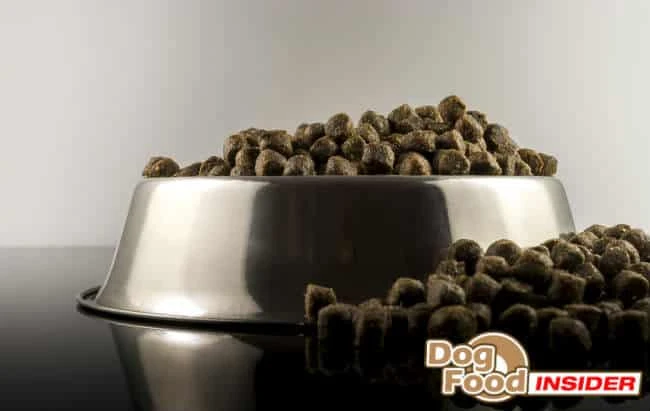The Dog Owners Guide To Dog Food Allergies

Dog food allergies are seen in approximately ten percent of all allergic reactions in dogs. They are less common than allergies to fleas and inhalents but are equally unpleasant.
Allergies to specific dog food’s and their ingredients can affect any breed, male or female and can start occuring at any age (although symptoms are more common in younger dogs from the age of two up to six years old. However, symptoms can show in very young puppies from just a few months old right up until old age.
It is important to mention that dog food allergies are very different to food intolerances. When a dog or puppy is intolerant to a specific dog food ingredients then it is more common for your pooch to show symptoms such as vomiting and diarrhea rather than the more common reactions seen when a dog is allergic to some food ingredients i.e. skin problems, itching etc.
What are the symptoms of dog food allergies?
The symptoms of dog food allergies can include…
1. Itching and scratching with recurrent skin problems is a symptom of an allergy to some dog food ingredients.
2. Your dog’s skin might appear red with hot spots in specific areas on the body. Your pooch might lose hair and start to develop bald areas around the feet, groin, anus and face. Hair loss under the arm pits can also occur. The skin might be more itchy around these areas.
3. Your pooch might start to experience ear problems with the ears being very smelly.
4. Some studies have shown that a dog experiencing an allergic reaction may poop more often. For example a dog with a food allergy may have as many as three movements a day as opposed to a dog without an allergy who may have one and half movements.
There are some foods that are more likely to cause allergy problems including, chicken, beef, corn, soy, eggs, beef, dairy, fish and wheat. Unfortunately these are often the staple ingredients in over the counter dog foods.
Remember that a food allergy is your dog’s body and and immune system attacking the proteins contained within the food and ingredients causing the symptoms that you see with an allergic reaction – basically if the complex protein is not broken down properly by your pooches digestive system this can result in the protein that has not been properly broken down passing and being absorbed by your dog’s intestine (causing negative symptoms).
If you think that your pooch might be experiencing a reaction to his food then you will need to get some advice from your vet.
What vets normally recommend for dog food allergies
The first thing that your dog’s vet will need to determine is whether your dog is experiencing a reaction to the food or something else (it could be that something else is causing the symptoms described above).
To determine whether your pooch is experiencing a food allergy you will be advised to place your dog on an exclusion diet controlled trial. This will involve your vet placing your dog on a strict diet that includes a mixture of proteins and carbohydrates (but importantly a protein and carbohydrate mix that your dog has not eaten before).
The food trial will last for twelve weeks (however they can be shorter) and it should be the only food that your dog eats during this period – so don’t feed your dog scraps from the table, don’t give in to begging and no treats (so any reward based training methods should only involve praise).
After it has been discovered what ingredients are causing the food allergies you will then need to find a dog food that does not have any of the offending ingredients. Some dog owners choose to make their own dog food (as this way they can control what they feed their pooch and avoid any more allergy probems). However, new commercial dog food is now available for pets with allergy problems including hypoallergenic food.
Another more recent method of diagnosing dog food allergies is through testing a dog’s blood and this will determine what your dog is allergic too. Although there is no cure to dog food allergies it can be controlled through avoiding the ingredients that caused the allergies in the first place. Another important thing to remember is that it is not uncommon for a dog that has developed allergies to one ingredient to start developing allergies to different ingredients that may not have caused a problem before.
Dog Health Problems Online > Dog Allergy Symptoms > Dog Food Allergies





